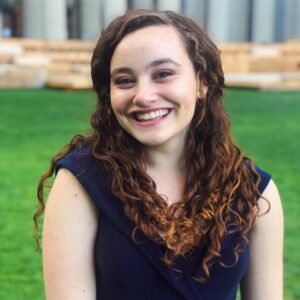
Madeline L. Abrahams
MIT | Tang Family FinTech Undergraduate Research and Innovation Scholar
Networks in Climate Change Misinformation And Polarization
2019–2020
EECS
- Political Science
Dorothy W. Curtis
Adam Berinsky
Misinformation on algorithmic aggregation platforms, like YouTube and Facebook, is a frequently discussed threat. We consider the question: to what extent is polarization due to algorithms or individual user biases towards misinformation? Furthermore, how can we limit the spread of misinformation by encouraging users to be more discerning?
To address this first question, we can give individuals multiple different versions of a video sharing platform, where each version has a different ranking algorithm. We can then measure if certain algorithms cause users to click on misinformation more frequently. For the second phase, we can explore the hypothesis that encouraging individuals to use deliberative thinking will make them less likely to believe misinformation.
“I am participating in SuperUROP because I am interested in the intersection between computer science and political science. I am eager to explore pressing issues concerning biases and misinformation. I hope to find solutions to these multifaceted challenges that impact all of us.”